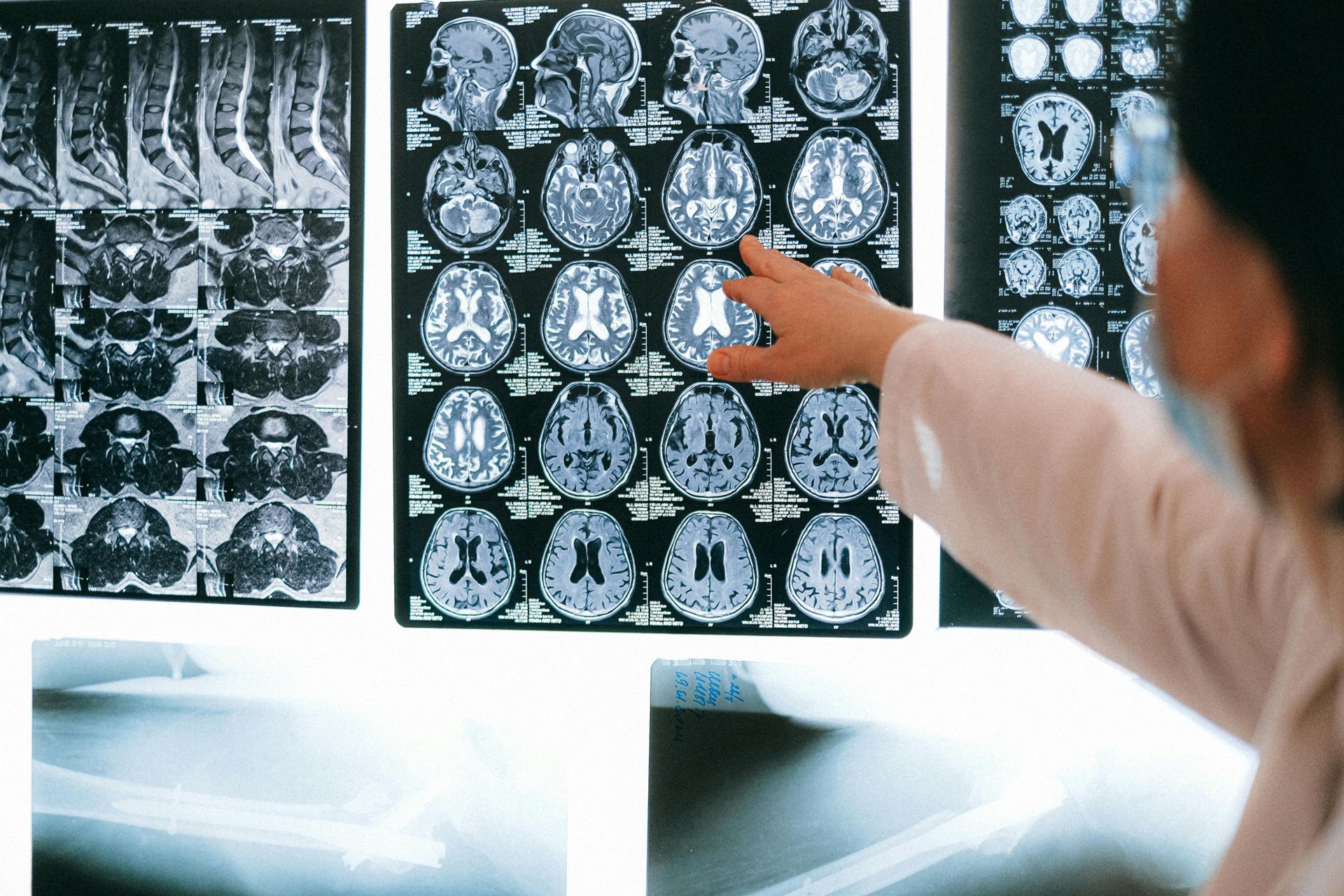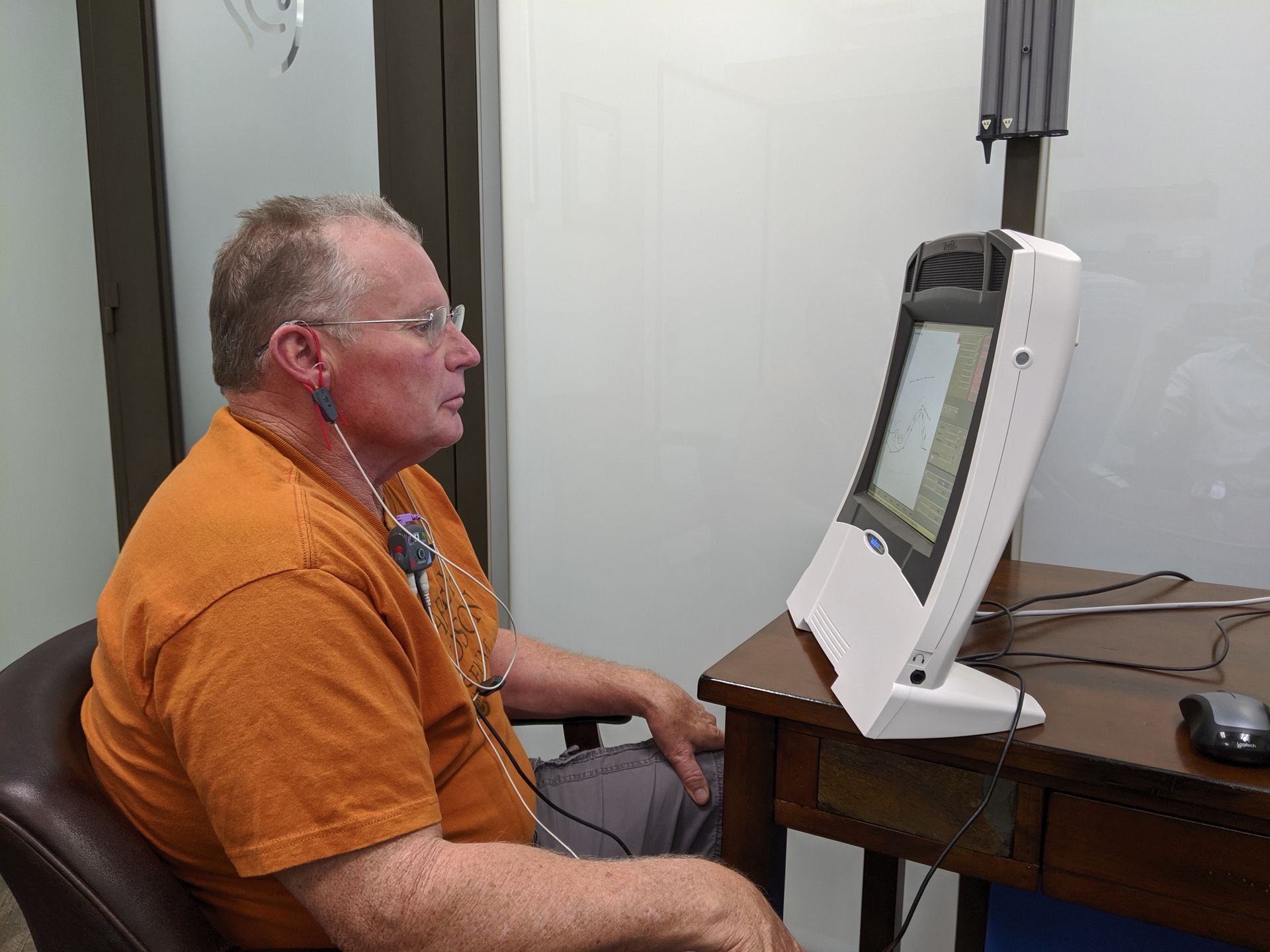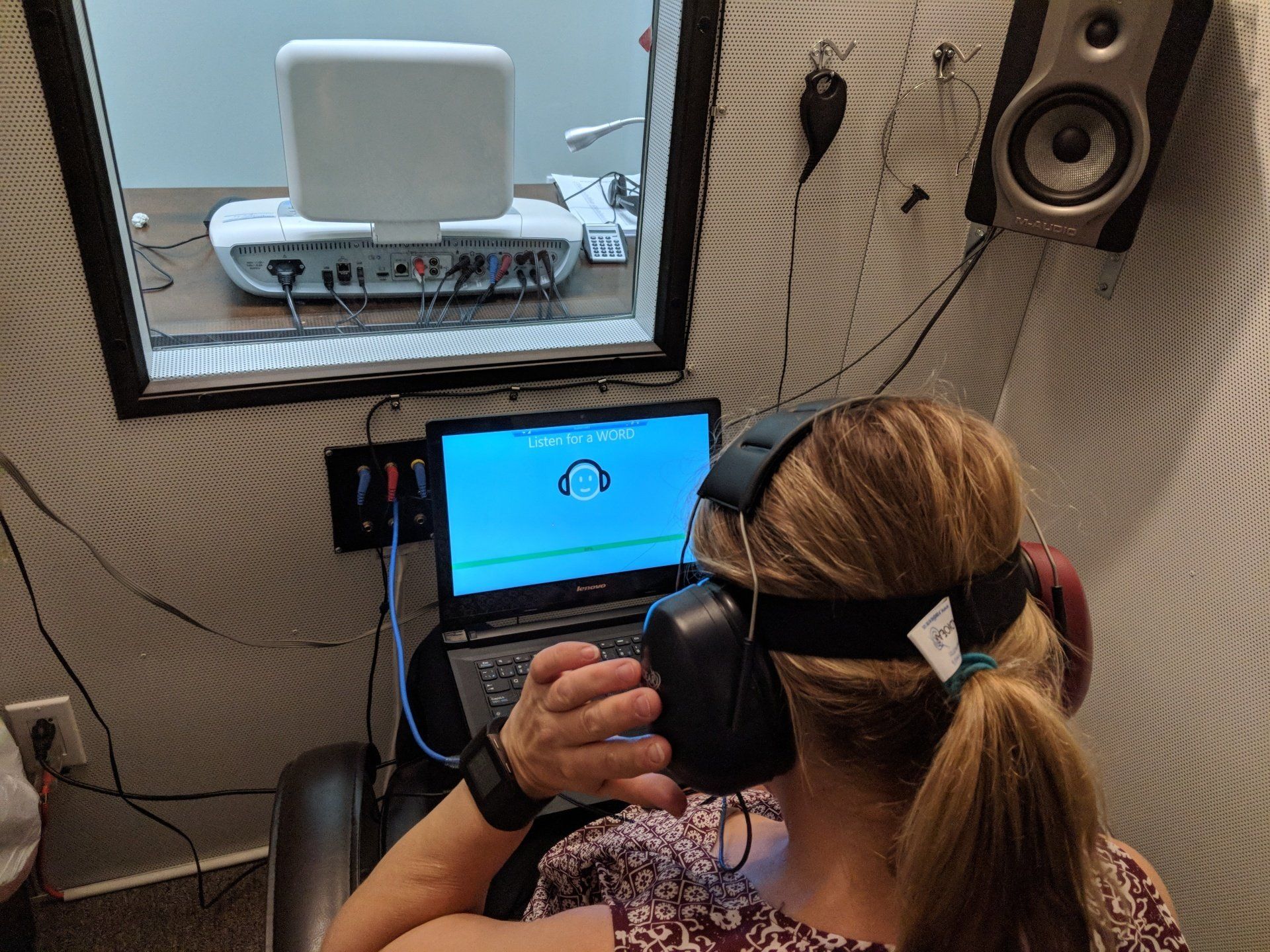Hearing loss and Dementia
Hearing loss is a modifiable risk factor for cognitive decline and dementia.
Basic facts about hearing loss and dementia
The information about how hearing loss may influence cognitive function is constantly developing. Here is a summary.
Hearing loss is a significant problem if untreated
Hearing loss is prevalent, especially among seniors in Southern Alberta, potentially due to noise-heavy industries and an aging population. It leads to short-term issues like communication difficulties and tinnitus. Mid-term effects include social isolation, depression, and reduced quality of life.
Dementia may be amongst the long term effects of untreated hearing loss
Long-term hearing loss is being researched for its potential link to cognitive decline and dementia. Thousands of research studies are published each year on the topic, which has led several public health agencies and healthcare authorities take note.
Hearing loss is correlated with dementia
Research suggests a correlation between hearing loss and increased risk of dementia, but a direct causal link is not yet definitively proven. Hearing loss appears to be a modifiable risk factor for dementia, meaning that managing the hearing problem seems to reduce the rate of dementia.
Hearing loss does not directly cause dementia, but increases the risk
Dementia has multiple causes, and we cannot control or change many of the reasons it may happen to an individual. Hearing loss is far from being the only cause of dementia. We may be able to reduce some of our risk of dementia by working on several aspects of health and wellness, one of which may be hearing loss.
Hearing aids help improve quality of life
Hearing aids can mitigate some of the other negative impacts of hearing loss. Some studies indicate that hearing aids may reduce cognitive decline, but more research is needed. Improving hearing is one of several healthy lifestyle choices that reduce the risk of dementia. The proper fitting and consistent use of hearing aids is essential to gain the full benefits.

Some of the available research
- 9% of all existing dementia cases may be associated with hearing loss (Livingstone et al., 2020)
- There is evidence for additional brain shrinkage in those with hearing loss compared to those without hearing loss (Wang et al., 2022).
- Researchers have found markers for Alzheimer’s disease in people with hearing loss before any diagnosis of Alzheimer's has been made (Wang et al., 2022).
- Individuals with mild, moderate, and severe hearing loss had a two-fold, three-fold, and five-fold increased risk of developing dementia, respectively, compared to those with normal hearing of the same age (Lin et al. 2023).
- Even mild hearing loss is associated with a 19% increased risk of developing dementia over a 10-year period compared to those of the same age without hearing loss (Wei et al 2017).
WHAT TO DO NEXT?
The risk of not treating hearing loss
Based on the currently available research, correlational relationships between cognitive decline and hearing loss exist; meaning that as rates of hearing loss increase, dementia and cognitive decline also seem to increase in a predictable way. Then again, correlation isn’t always evidence of causation, and two things can seem related for unrelated reasons. Like many health concerns, finding the actual causative factors is difficult. Clues add up over time, and currently I feel that we have enough evidence to discuss and act.
Most hearing care professionals agree that cognitive health should be part of the conversation when it comes to managing hearing loss. Addressing the immediate quality of life issues created by hearing loss are the immediate priority, but I feel strongly that audiologists should raise awareness of the correlation between hearing loss and dementia, and ensure we try and future proof or protect those who might be vulnerable to 'hearing-loss-related dementia'.
Our APPROACH TO HEARING LOSS AND DEMENTIA
A complete and evolving approach
Correctly fitted hearing aids
Poorly fitted hearing aids are all too common, and can only help in a limited way. We take leading clinical steps to ensure hearing aids are set correctly now, and into the future.
Long term hearing care
Hearing care should go beyond just providing hearing aids correctly, but should include teaching an individual how to use the hearing aids correctly. Our aftercare services are second to none.
Social life is everything
Better social lives mean better use of our hearing, and more exercise for our brains. We encourage a healthly social life to maintain brain health.
A whole person approach
We note that hearing loss is not the only risk factor for dementia. We refer to other professionals if we see unmanaged health issues that could increase the risk of dementia.
Family and carer involvement
Work with family members and caregivers to ensure communication through the hearing aids is a priority. We strongly encourage you to bring a trusted family member or friend with you to your appointments.





